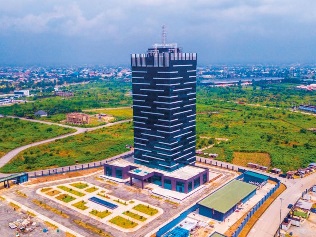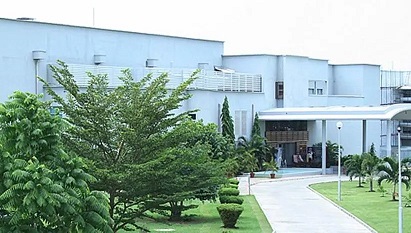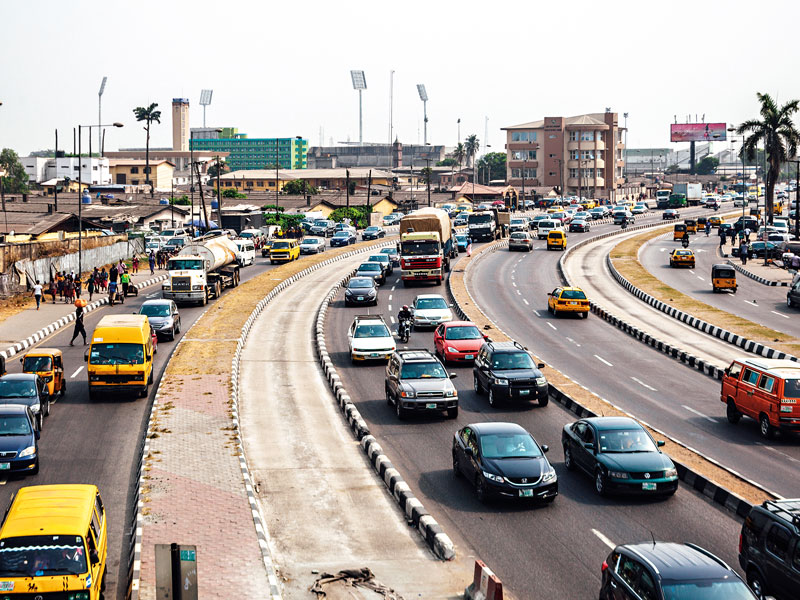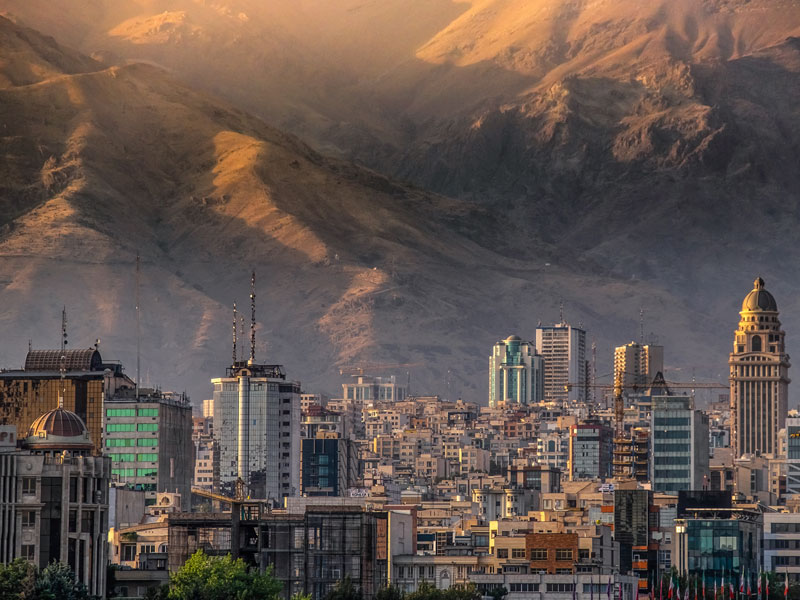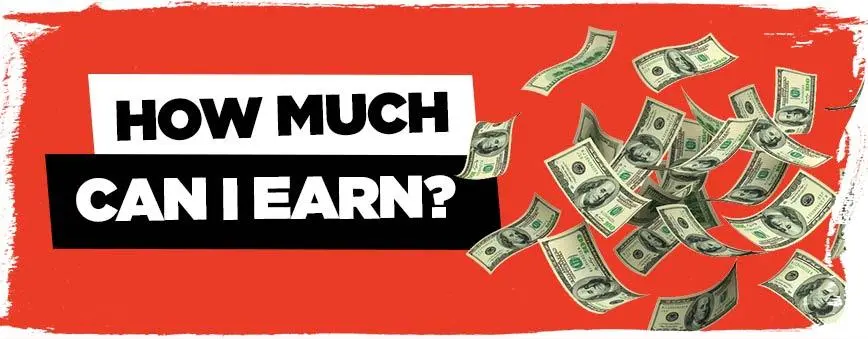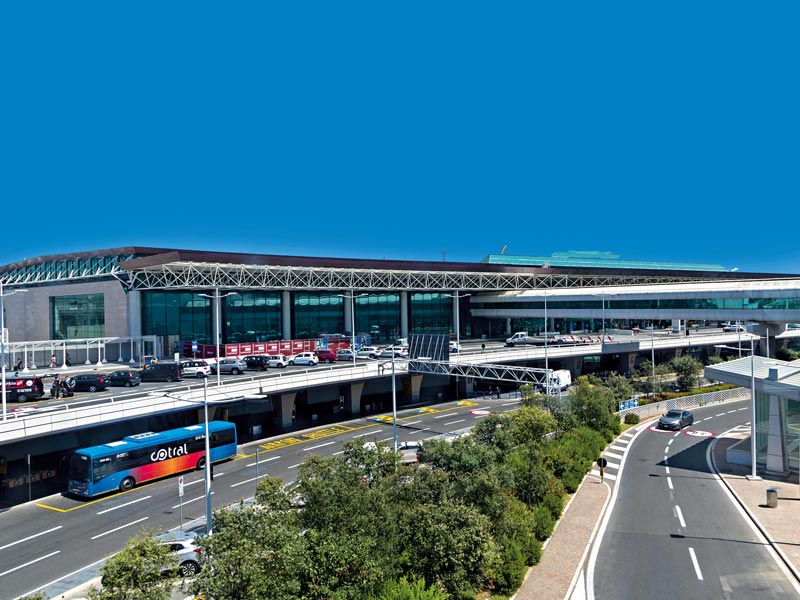
In the face of growing environmental concerns, the aviation industry is embarking on a transformative journey towards sustainability. Recognizing the urgency to mitigate its environmental footprint, the sector is making strides in the realm of decarbonization and sustainability.
Aeroporti di Roma (ADR), a key player in this initiative, has made ‘sustainable development’ a cornerstone of its business strategy. ADR’s approach to sustainability is holistic, encompassing environmental, financial, and social aspects. To expedite the transition, ADR has launched the Pact for the Decarbonisation of Air Transport.
In the immediate future, Sustainable Aviation Fuel (SAF) is viewed as the most promising solution to curb aircraft CO2 emissions. The advantage of SAF is that it can be used without necessitating any technical modifications to aircraft, infrastructure, or refuelling facilities.
However, the industry acknowledges that isolated efforts are insufficient. A collective effort is imperative to chart a roadmap for achieving the industry’s sustainability goals.
A report by Shell and Deloitte, which incorporates insights from over 100 aviation leaders, advocates for net-zero targets for 2050, with ambitious interim milestones for 2030. The report outlines 15 solutions to help the aviation industry reduce its net emissions by 2030, with the ultimate goal of achieving net zero by 2050.
In conclusion, the flight path to a sustainable future in aviation is multifaceted, involving technological innovation, industry-wide collaboration, and a steadfast commitment to sustainability. While the journey is challenging, the industry is demonstrating an increasing commitment to undertake it.

